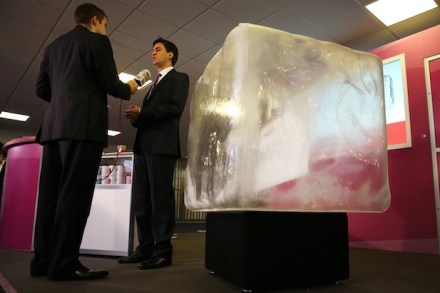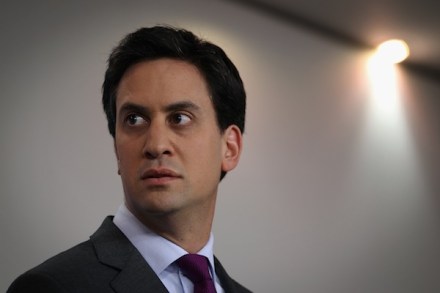Cameron’s 30-minute warning to the Lib Dems on energy bills
The Lib Dems are cross this afternoon about David Cameron’s PMQs announcements on cutting back on green taxes in energy bills. They are mainly cross because they were only given 30 minutes’ notice of the new policy before MPs crowded into the Chamber for the session, and are insisting that ‘nothing concrete has been agreed’. A source close to Nick Clegg told Coffee House; ‘Generally you would hope that an announcement of government policy would not be handled in this way. There was a quad discussion about this but nothing detailed was put forward and nothing concrete has been agreed.’ The source dismissed briefings from Tory sources that ‘one way

















